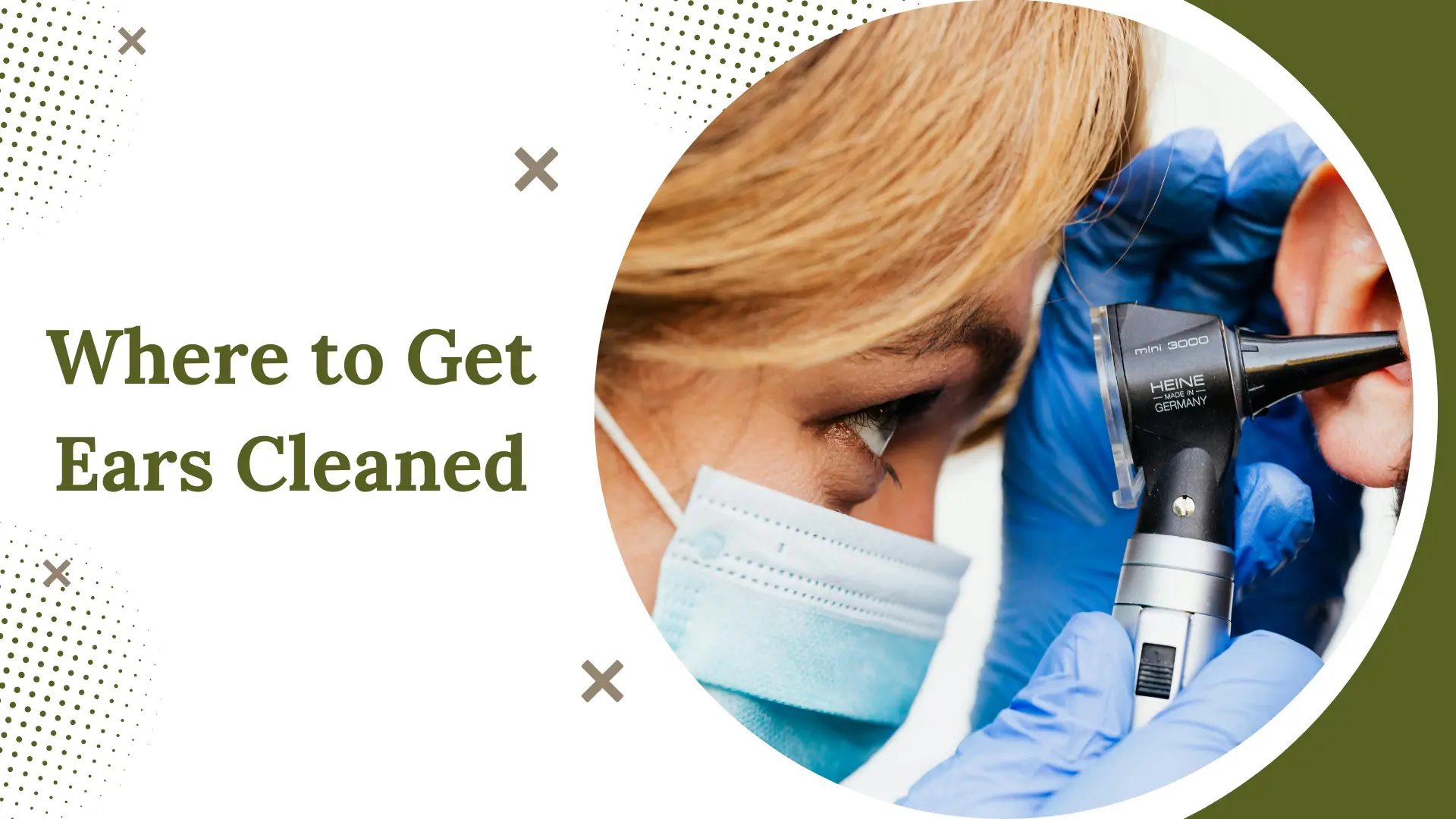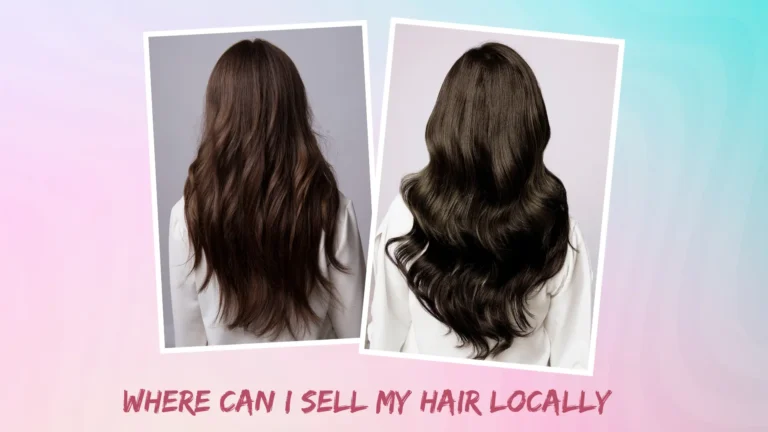Where to Get Ears Cleaned

Maintaining proper ear hygiene is essential for overall health and optimal hearing. While ears are designed to clean themselves, there are instances where professional intervention is necessary to prevent discomfort, hearing loss, or infections. In this guide, we will explore everything you need to know about ear cleaning, from when to seek professional help to the best places for safe and effective earwax removal.
Understanding Earwax and Its Role
Earwax, also known as cerumen, is a natural substance produced by glands in the ear canal. It plays a crucial role in ear health and serves multiple functions:
- Protection: It traps dust, debris, and bacteria, preventing them from reaching the sensitive inner ear.
- Lubrication: It prevents dryness and irritation by keeping the ear canal moisturized.
- Self-Cleaning Mechanism: Earwax naturally migrates outward, carrying trapped particles away from the eardrum.
In most cases, earwax does not need manual removal. However, an excessive buildup can lead to discomfort, muffled hearing, or even infections.
When to Consider Professional Ear Cleaning
While mild earwax buildup is normal, there are certain signs that indicate a need for professional cleaning:
- Reduced Hearing: If sounds become muffled or unclear, it could be due to earwax blockage.
- Earache or Pressure: A feeling of fullness or pain in the ear may signal an impaction.
- Tinnitus: Persistent ringing, buzzing, or hissing sounds in the ears.
- Dizziness or Balance Issues: Severe earwax accumulation can affect balance, leading to vertigo.
If you experience any of these symptoms, consulting a healthcare professional is advisable. Attempting to remove impacted wax at home can sometimes worsen the condition.
Where to Get Professional Ear Cleaning
There are several reliable options for getting your ears professionally cleaned:
1. Audiologists
Audiologists specialize in diagnosing and treating hearing-related issues. They can safely remove earwax using medical-grade tools and techniques. Visiting an audiologist is particularly beneficial if you experience frequent earwax blockages or have a history of hearing problems.
2. Ear, Nose, and Throat (ENT) Specialists
ENT doctors, also known as otolaryngologists, are medical professionals who treat ear-related conditions. They are equipped to handle severe cases of earwax impaction and can address complications such as infections or structural ear issues.
3. General Practitioners (GPs)
Many general physicians offer basic earwax removal services. They may use ear irrigation or recommend over-the-counter solutions if the blockage is mild. If the problem is more severe, they may refer you to an ENT specialist or audiologist.
Professional Ear Cleaning Methods
Healthcare providers use various methods to safely remove earwax. The most common techniques include:
- Microsuction: A specialized device creates gentle suction to remove wax without water, making it a preferred option for those with sensitive ears or previous ear infections.
- Curettage: A small instrument called a curette is used to scoop out the wax under direct vision.
- Irrigation (Ear Syringing): A controlled stream of warm water is used to flush out earwax. This method is generally safe but is not recommended for people with perforated eardrums or ear infections.
Professional ear cleaning is typically quick and painless, and it provides immediate relief from symptoms caused by excessive earwax.
At-Home Ear Cleaning: Dos and Don’ts
While professional cleaning is the safest option, you can take preventive measures at home to maintain ear hygiene.
Safe Practices
- Use a Damp Cloth: Wipe the outer ear gently with a warm, damp cloth. Avoid inserting anything into the ear canal.
- Apply Ear Drops: Over-the-counter ear wax softening drops can help facilitate the natural removal of wax. These drops typically contain mineral oil, hydrogen peroxide, or saline solution.
Practices to Avoid
- Cotton Swabs: Inserting cotton swabs into the ear canal can push wax deeper, causing impaction or even injury.
- Ear Candling: This controversial practice involves placing a lit, hollow candle in the ear to “suction” out wax. However, studies show that it is ineffective and can cause burns or eardrum damage.
If home remedies do not provide relief or if you experience persistent discomfort, seek professional help instead of attempting further self-treatment.
Preventing Earwax Buildup
To minimize excessive earwax accumulation and avoid blockages, consider the following preventive measures:
- Avoid Overcleaning: Overcleaning can strip the ear of its natural protective barrier, leading to irritation and increased wax production.
- Protect Ears from Debris: If you work in dusty or dirty environments, wearing earplugs can help prevent particles from entering the ear canal.
- Limit Earbud Use: Frequent use of earbuds or headphones can push wax deeper into the ear. Clean your earbuds regularly and allow your ears to “breathe” by taking breaks from prolonged headphone use.
Conclusion
Proper ear care is essential for maintaining good hearing and overall well-being. While the ears are designed to clean themselves, there are times when professional intervention is necessary. Understanding when to seek help and where to get your ears cleaned can prevent complications and ensure optimal ear health. Whether you choose to visit an audiologist, ENT specialist, or general practitioner, professional earwax removal is a safe and effective solution for persistent earwax buildup.
For routine care, following safe at-home practices can help maintain clean and healthy ears. However, if you experience discomfort, hearing loss, or other symptoms, consulting a healthcare professional is the best course of action.





